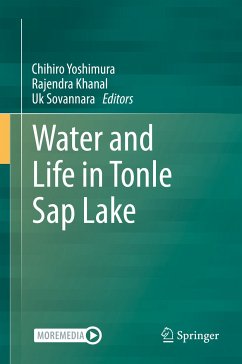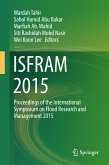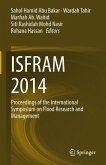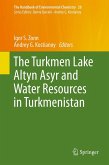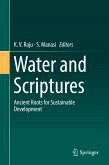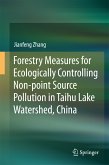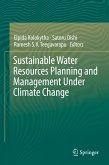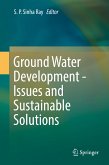This book describes the water, wildlife, and livelihood of Tonle Sap Lake and its basin in Cambodia, the largest freshwater lake in Southeast Asia. It comprehensively elucidates the processes underlying the dynamic, productive, and unique ecosystem, covering the major environmental and administrative components such as climate, water flow and storage, sediment, nutrient, flora, fauna, floating villages, management, and governance. Anthropogenic impacts including climate change on the lake are also highlighted.
This book serves as a guidebook to multiple audiences, including professionals and academicians. It is beneficial to the university students and lecturers, researchers, freelancers, and policymakers in analyzing, interpreting, and taking action for the environmental conservation of the lake environment. In addition, this is the first comprehensive book on evidence-based research and policy-relevant experience and knowledge about Tonle Sap Lake. For instance, the content will assist the policymakers and researchers in setting management policies and practices, especially for large shallow lakes and developing countries. It can also be used as a textbook in environmental science and engineering at undergraduate and graduate levels worldwide in understanding and synthesizing new research directions relevant to the water environment.
This book serves as a guidebook to multiple audiences, including professionals and academicians. It is beneficial to the university students and lecturers, researchers, freelancers, and policymakers in analyzing, interpreting, and taking action for the environmental conservation of the lake environment. In addition, this is the first comprehensive book on evidence-based research and policy-relevant experience and knowledge about Tonle Sap Lake. For instance, the content will assist the policymakers and researchers in setting management policies and practices, especially for large shallow lakes and developing countries. It can also be used as a textbook in environmental science and engineering at undergraduate and graduate levels worldwide in understanding and synthesizing new research directions relevant to the water environment.
Dieser Download kann aus rechtlichen Gründen nur mit Rechnungsadresse in A, B, BG, CY, CZ, D, DK, EW, E, FIN, F, GR, HR, H, IRL, I, LT, L, LR, M, NL, PL, P, R, S, SLO, SK ausgeliefert werden.

